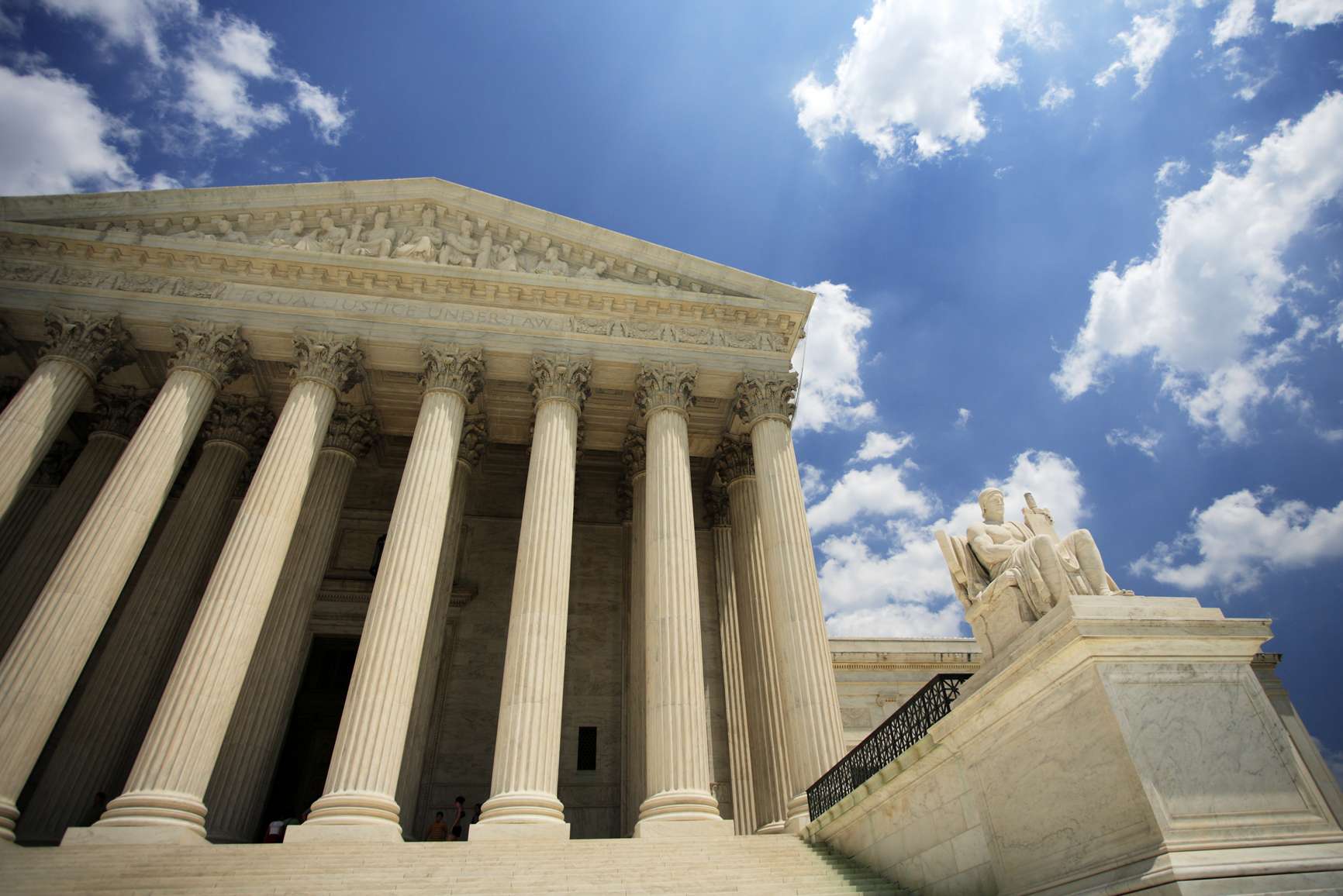Event recap: 2020 Supreme Court Roundup Webinar with Casetext

on Jul 27, 2020 at 10:04 am

Casetext and SCOTUSblog hosted a webinar on July 23 to debrief the blockbuster 2019-20 Supreme Court term. SCOTUSblog Publisher and Co-Founder Tom Goldstein and Goldstein & Russell Partner Sarah Harrington led the discussion, moderated by Casetext Chief Operating Officer Laura Safdie. The event was co-sponsored by the American Constitution Society and the Federalist Society.
The webinar began with an overview of the current landscape of Supreme Court litigation. Sarah covered the court’s adaptation to the COVID-19 pandemic, including the unprecedented decision to provide live audio of 10 rescheduled arguments held remotely by telephone in May. Tom focused on the pivotal role of Chief Justice John Roberts, whose institutionalist approach has cemented his position at the court’s ideological and operative center.
Laura and Tom also considered preparation for oral argument next term. The court has scheduled in October 10 arguments originally set for March and April, but has not indicated whether these arguments will occur remotely or in person. Tom, who will argue a software copyright case in October, illustrated some of the challenges of preparing for an argument whose format is still undecided.
This term had no shortage of major decisions. Tom and Sarah detailed the reasoning behind high-profile rulings that:
- Extended federal workplace-discrimination protections to LGBTQ employees. (Bostock v. Clayton County, Georgia, 6-3)
- Blocked the Trump administration’s attempt to rescind deportation protections for undocumented immigrants brought to the United States as children. (Department of Homeland Security v. Regents of the University of California, 5-4)
- Struck down a Louisiana law that required doctors who perform abortions to have admitting privileges at a nearby hospital. (June Medical Services v. Russo, 5-4)
- Refused to shield President Donald Trump from a state criminal subpoena for his financial records, but agreed that similar subpoenas from Congress must meet a heightened standard. (Trump v. Vance and Trump v. Mazars, both 7-2)
- Required deference to religious organizations under government programs that provide tax credits for school scholarships or allow employers to provide contraceptive coverage under the Affordable Care Act. (Espinoza v. Montana Department of Revenue, 5-4, and Little Sisters of the Poor v. Pennsylvania, 7-2).
Our thanks to Casetext for co-hosting the discussion, to Laura for moderating, to Tom and Sarah for their analysis, and to ACS and FedSoc for their support.


